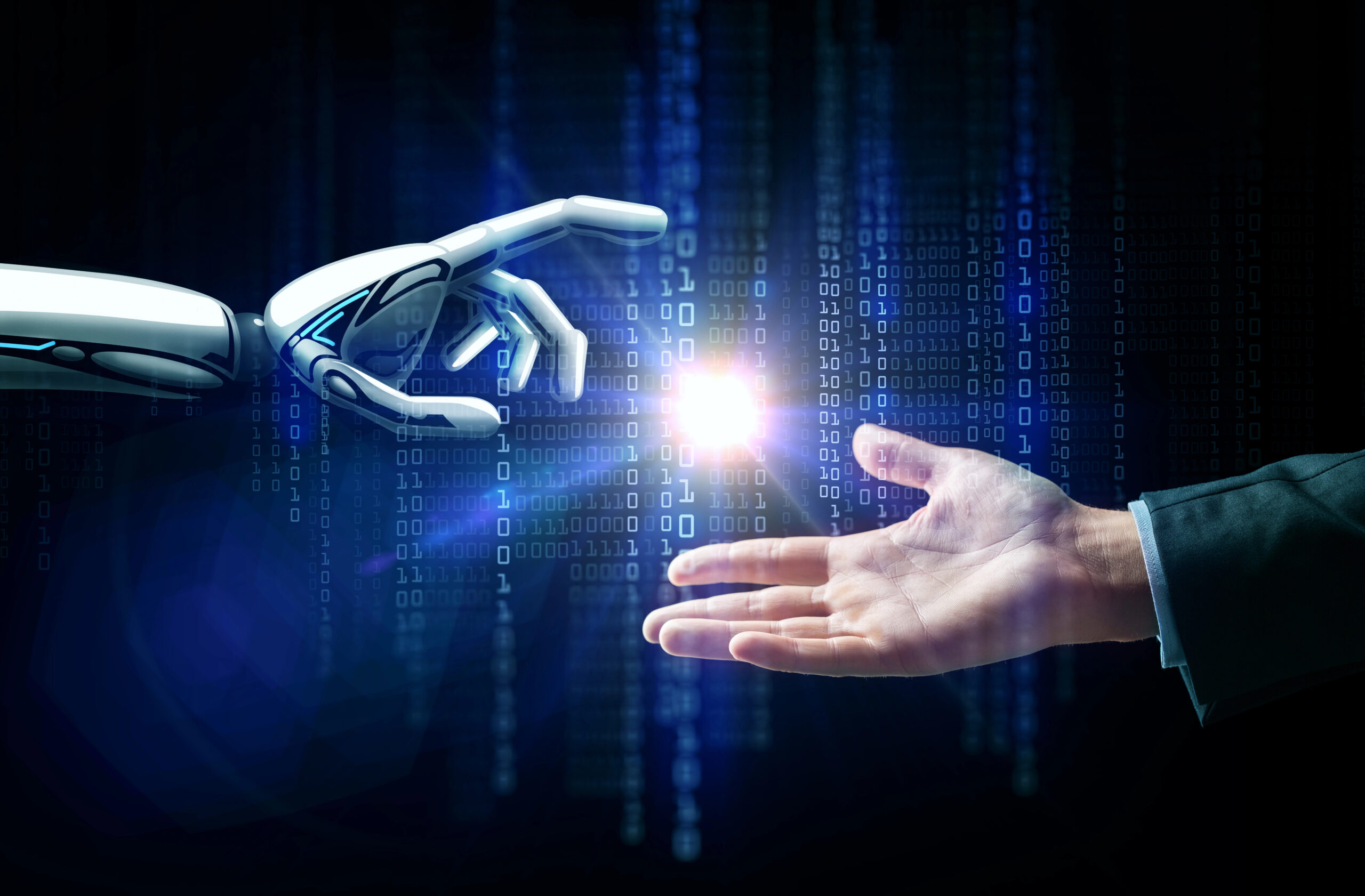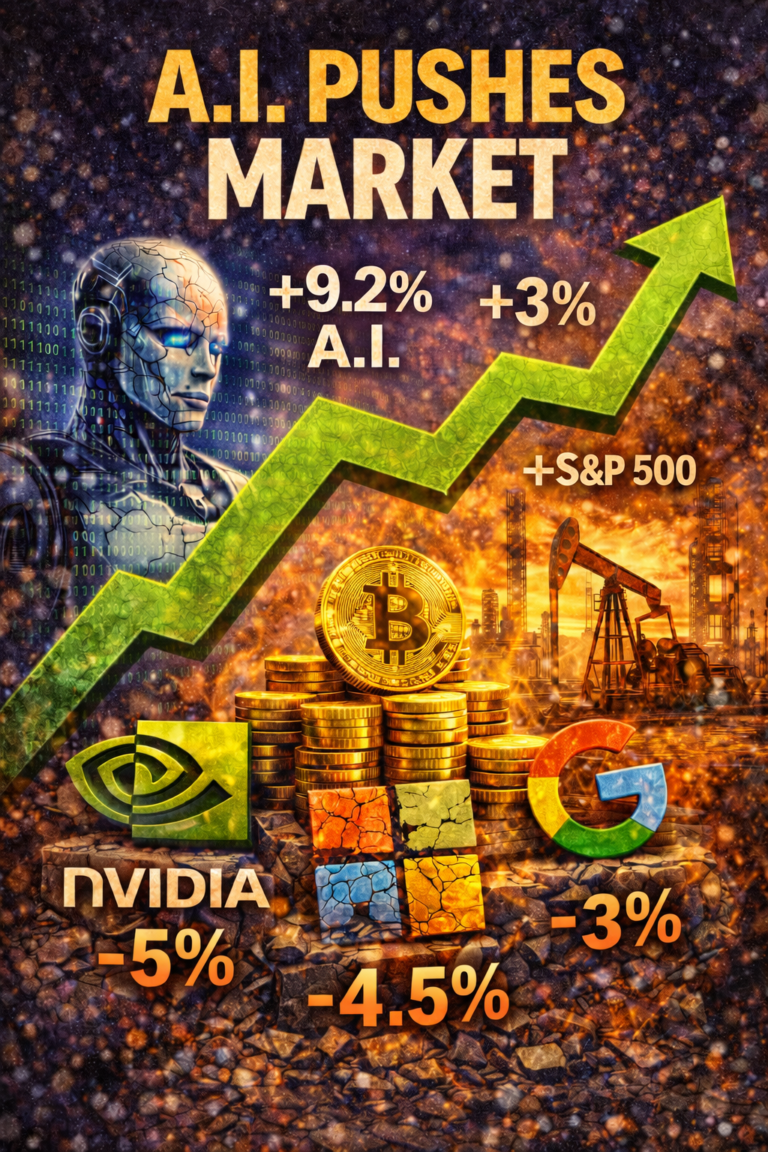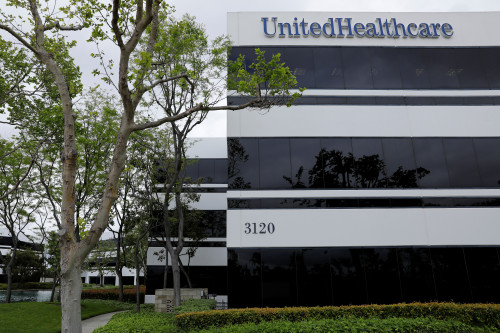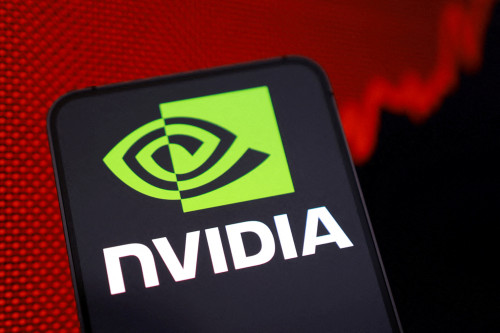
The blistering Nasdaq Composite has broken records for 7 straight months. The heavy-laden index of top techs, artificial intelligence stocks, and market favorites has blazed to the longest record closings since 2018. The index was up 4.7% in October as many ‘new trillionaires’ were crowned. Strong earnings from market tech leaders continue to feed investors and traders every reason to stay connected. The tremendous Nasdaq surge, recovering from the initial tariff announcements in April have propelled the markets to fresh higher ground in the past 2 months as the administration has softened its initial strong stance negotiated with many countries. One of which, China, where Xi Jinping and President Trump have ‘ironed out’ differences to acceptable agreements. Tariff negotiating has been very favorable, as the indexes tell the-story. “Technology is just all this market seems to care about right now,” said Liz Thomas, head of investment strategy at SoFi. “I’ve lost count of how many new all time highs we’ve hit this year in the S&P.” Both the Nasdaq Composite and the S&P 500 have had 36 record closes this year, while the Dow Jones has closed 15 times higher.” The number of new $3, $4, $5 trillion dollar companies is growing with companies reaching the ‘magic numbers’ quarterly.
Artificial Intelligence continued with major deal making, as investors and traders pushed the S&P 500 and Nasdaq indexes higher Monday. The heavy-tech Nasdaq, laden with high techs and fledgling AI stocks was up 0.5%, while the S&P 500 index with many trader favorites was up 0.2%. The bread & butter Dow Jones Industrial Average index lost, down 0.5% , or 226 points as ‘old-time-blue-chips’ were battered. “You see bigger tech companies really driving the bulk of gains today, (Monday), but a lot of weakness is being masked in other sectors,” said Callie Cox, chief market strategist at Ritholz Wealth Management. “People are excited about the AI trade, and they are looking to rush in before the tide turns.” According to Dow Jones Market Data, “November is a strong month,” with the Dow Jones and S&P 500 averaging yearly gains of 7%- consistently. Sixty five per cent of 3rd quarter results in earnings are besting previous year to year. The 10-year Treasury note yield crept higher to 4.106%. The U.S. Government shutdown is now at 34 days with both parties showing signs of ‘some’ cooperation.
AI (Artificial Intelligence) early growth has given investors and the market in general….good and bad feelings. Tuesday was a very bad day with both the S&P and Nasdaq suffering their poorest sessions in months. The AI buildouts with massive electronic-requirements have given the market the jitters, with Tuesday’s session taking major hits in stocks across-the-board.
Tuesday’s stocks plunged sharply with the S&P 500 falling 1.2% and the heavy tech Nasdaq finishing down 2%. The Dow Jones shed 0.5%, closing at 47085.2. Investors have worried for weeks that AI investment and development was too profound and too expensive. Jason Pride, chief of investment strategy and research at Glenmede, said it best: “It’s a very big bet and I think the market is starting to treat it like a very big bet.” After a rocky session Tuesday, stocks steadied on Wednesday. AI stocks and techs were active and higher across the board as earnings continued to pour in above expected levels. The Dow Jones added 226 points. Bitcoin rallied, up 3% recovering a portion of Tuesday’s losses, then dropping back to the $100,000 levels. Stocks were shaky Friday as the tech sector led a continued sell off from Thursday. The tech laden Nasdaq opened and began to lose ground, off 0.7% early on.
RUMBLINGS ON THE STREET
Seema Shah, chief global strategist at Principal Asset Management, WSJ “It’s right that when you see the scale, the monstrosity of those numbers, to have a healthy dose of skepticism. But as these companies continue to deliver, then the market should continue to be OK.”
David Sachs, comments made years before being appointed to White House AI Czar, WSJ “An economy that’s over $30 trillion in debt needs the productivity boost that AI is going to give us.”
Eugenio Aleman, chief economist, Raymond James, WSJ – The biggest issue today is uncertainty. We don’t know what the endgame for tariffs is going to be.”




